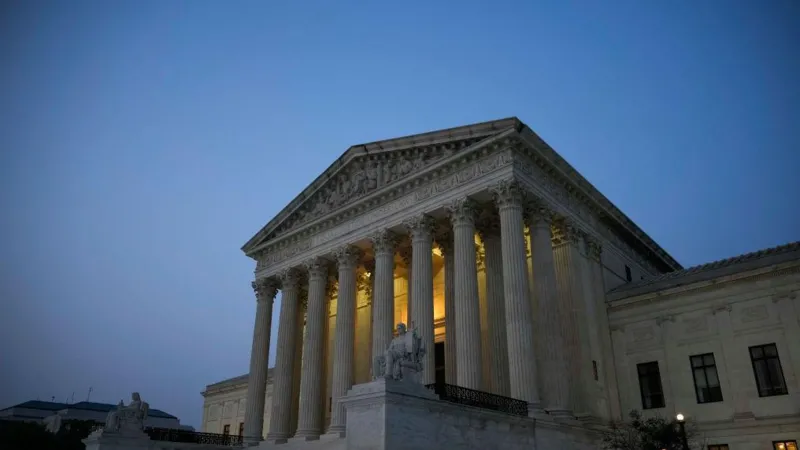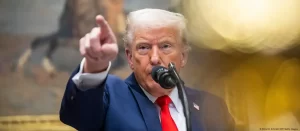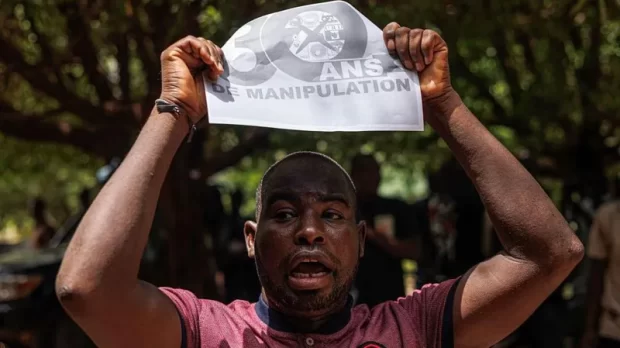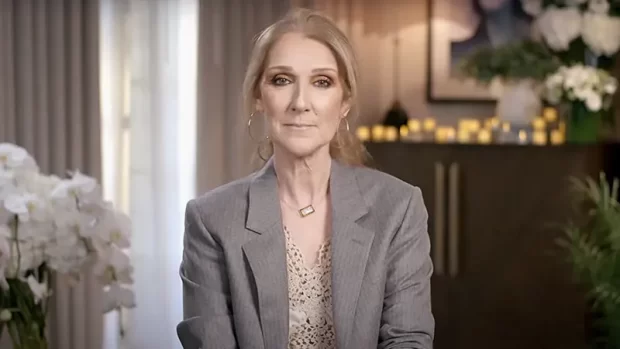
The US Supreme Court is currently deliberating on President Donald Trump’s executive order seeking to end birthright citizenship for children born in the United States to undocumented immigrants or temporary visa holders. The central issue before the Court is whether lower federal courts have the authority to issue nationwide injunctions that block such executive actions across the entire country.
Background of the Executive Order
On January 20, 2025, President Trump signed an executive order declaring that children born on US soil to parents who are neither citizens nor lawful permanent residents would no longer be granted automatic citizenship. This move challenges the long-standing interpretation of the 14th Amendment, which states that “all persons born or naturalized in the United States, and subject to the jurisdiction thereof, are citizens of the United States.”Legal experts widely regard this executive order as conflicting with established constitutional interpretations and Supreme Court precedent, notably the 1898 decision in United States v. Wong Kim Ark, which affirmed birthright citizenship.
Legal Challenges and Nationwide Injunctions
Following the issuance of the executive order, multiple lawsuits were filed by immigrant advocacy groups and 22 states, leading to federal judges in Maryland, Massachusetts, and Washington issuing nationwide injunctions to halt its enforcement. The Trump administration contends that these broad injunctions exceed judicial authority and has petitioned the Supreme Court to limit such orders to the specific plaintiffs involved in each case.
The administration argues that the proliferation of nationwide injunctions hampers the executive branch’s ability to implement policy and creates inconsistent legal standards across different jurisdictions.
Implications of the Supreme Court’s Decision
Should the Supreme Court side with the Trump administration, the executive order could be partially enforced in states not party to the lawsuits, potentially leading to a fragmented system where birthright citizenship is recognized in some states but not others. This scenario raises concerns about legal uncertainty and the potential for statelessness among children born under these conditions.
Advocates warn that such a patchwork approach could undermine the uniform application of constitutional rights and create administrative challenges in areas like education, healthcare, and legal identification.













Be the first to leave a comment